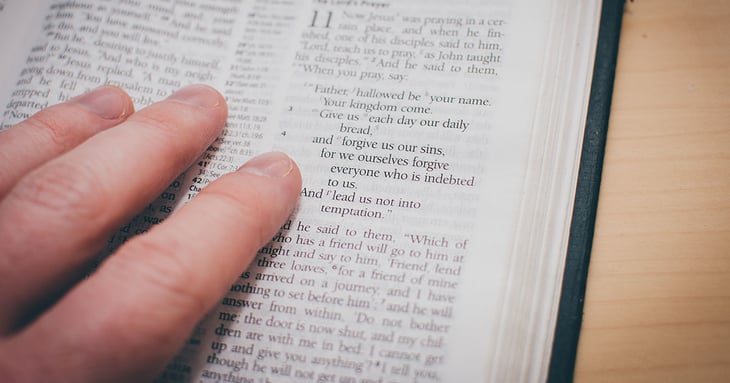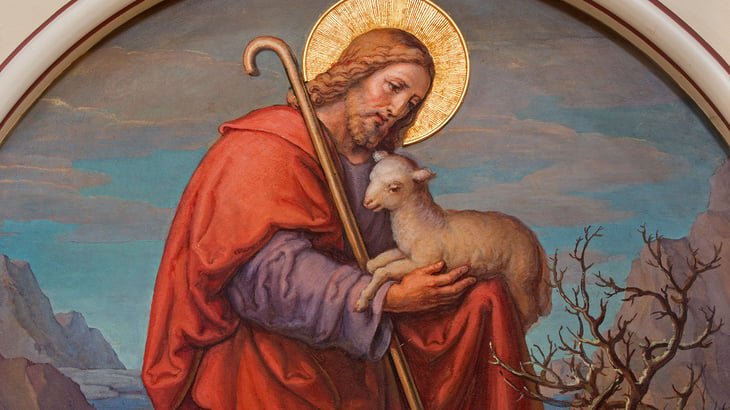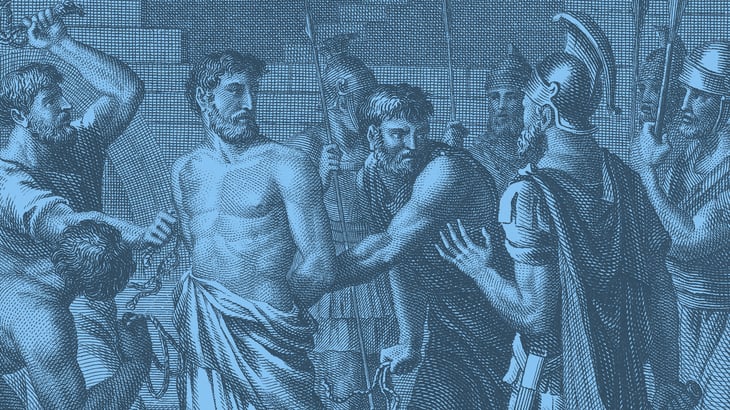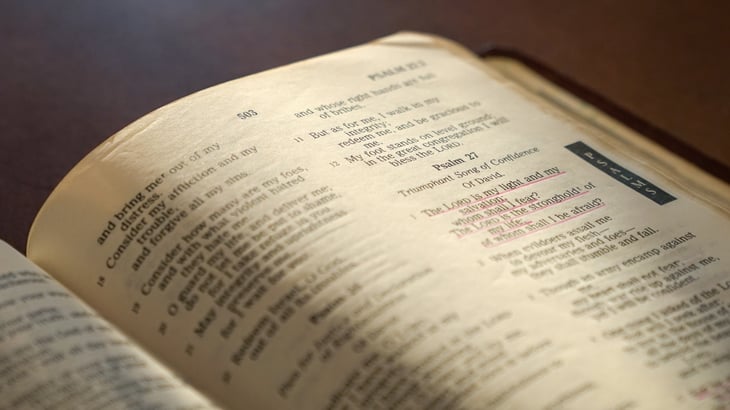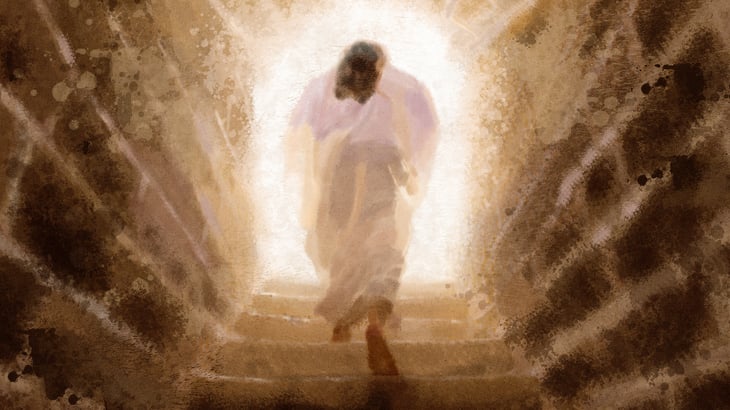Recent Posts by Concordia Publishing House
Luther’s Catechism Series: The Second Petition of the Lord’s Prayer
Luther distinguishes himself from all interpretations of the Second Petition before him, in that in the catechism he bases the kingdom of God in the Gospel of Christ, which in the First Petition he had foreshadowed under the topic of pure doctrine. The ‘Kingdom of Grace’ of the heavenly Father is here on earth only there to be found where the Gospel of our salvation through Christ’s sacrificial death is “genuinely preached throughout the world.” This is and remains Luther’s fundamental insight: How the Church is ‘creatur verbi,’ thus also God’s Kingship is governance through the Word from the cross.
Psalm 23: Christ Is Our Shepherd
“The LORD is my Shepherd; I shall not want.” Psalm 23 is one of the best-known Psalms, often a poem we turn to for refuge during times of distress or uncertainty. But why has this passage become so popular? Read from the latest Concordia Commentary, Psalms 1–50, by Timothy Saleska, answering this question below.
Our Current Suffering and Eternal Salvation
Dealing with daily suffering is a sad reality of living in a fallen world. But in Romans 8:18, Paul reminds all believers that our current suffering is worth the beauty of heaven and seeing our Savior’s face after our time on this earth is done. Read commentary by Michael Middendorf on this verse from Romans 1–8, Volume 1 of the Concordia Commentary series below.
Luther’s Catechism Series: Second Article of the Apostles’ Creed
The words “passus sub Pontio Pilato, crucifixus, mortuus et sepultus” are translated by the reformer: “suffered under Pontius Pilate, crucified, dead, and buried”; admittedly, the introductory text to the Large Catechism reads: “(who) had suffered under Pontius Pilate, is crucified, dead, and buried.”
Psalm 27 Commentary: True Salvation in God
One of the themes that weaves its way through Psalm 27 is the belief that true salvation is to be found only in the presence of Yhwh. The speaker desires to dwell in the house of Yhwh so that he can see “the beauty of Yhwh” (27:4). And he knows that in His house, Yhwh will protect him from his enemies (27:4–6). When he feels threatened, he is determined to seek Yhwh’s presence, and he asks Yhwh not to hide His presence from him or to forsake him (27:8–9). And the final encouragement from the speaker is to “wait for Yhwh” (27:14).
Luther’s Catechism Series: First Article of the Apostle’s Creed
Luther’s interpretation of the First Article is shaped through and through by his astonishment about the character of life as a gift. In this way, the reformer confronts that aspect which Martin Heidegger terms the “foundational question for metaphysics”: “Why is there that which exists rather than the more probable nothingness?” But Luther does not consider this as an abstract philosophical question; instead, from the vantage point of the wonderment of a child: “Why is there something and not nothing?” He considers this from the point of view of one who ventures to trust, on the basis of the biblical witness that tells of a God who dispenses life.
Walther's Easter Sermon: A Festival of Joy
Easter Sunday has come and His Church rejoices in the beauty and wonder of the resurrection. Christ has defeated sin, death, and the devil himself, and the heavens and earth celebrate for weeks to come. The season of Easter is truly a time of rejoicing in Christ’s victory. Read C. F. W. Walther’s sermon on the true joy of Easter below from Gospel Sermons I .
Christ’s Ultimate Victory
To wrap up his writings about loneliness, worry and finding comfort in God, Luther leaves readers with a final message: the ultimate victory has already been won through Christ’s death and resurrection. Read the complete passage from Volume 24 of Luther’s Works and say a prayer of thanks to God for such a victory.
Finding Peace in Jesus’ Words
Martin Luther preached that peace can be found only in the words of our Lord Jesus Christ. God bestows on Christians the powerful gift of Scripture, and the Holy Spirit gives us the ability to understand it and to communicate with God. In his sermon (recorded in Luther's Works Volume 24), Luther echoes Jesus' statement that although there is strife and turmoil in the world, Jesus has already overcome it.
Never Alone: God Is Always with You
Trying times often cause fear, worry, stress, and anxiety. Currently, it’s also the cause of isolation and social distancing, which can increase loneliness. But Luther reminds us that we are never truly alone because God is always with us—in the joyful days, the sad ones, and even the in-between ones. Read the following passage from Volume 24 of Luther’s Works as a reminder of God’s constant faithfulness and the promises of His Word.

